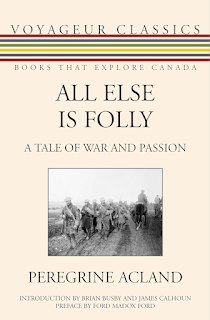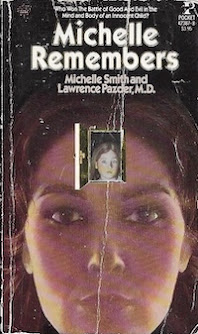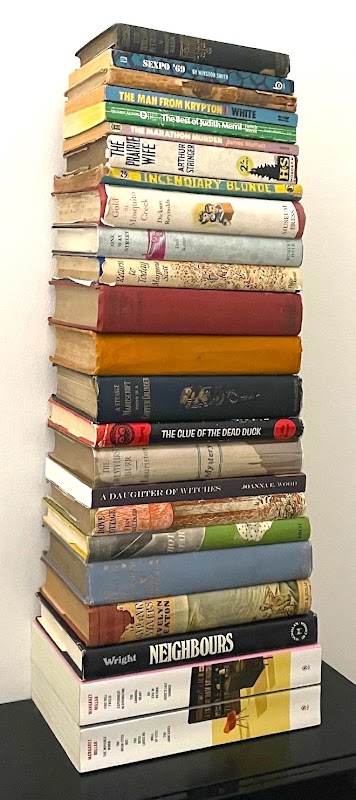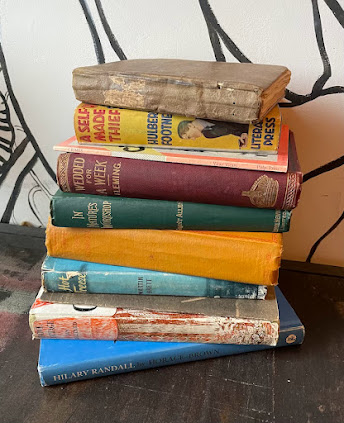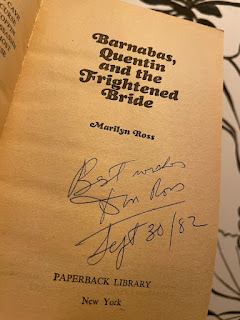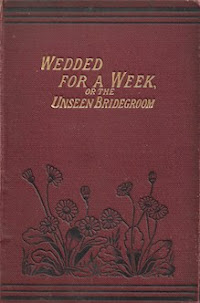John Murray Gibbon
Toronto: Macmillan of Canada, 1926
255 pages
Two years have passed since I first read Gibbon's third novel, Pagan Love, which I've described as the most remarkable, unconventional, and challenging Canadian novel of the 'twenties. Eyes of a Gypsy was Gibbon's fourth novel. Could it possibly live up to expectation?
The recent discovery of Tutankhamun's tomb having made Egypt all the rage, Maurice had left Manhattan – and fiancée Gladys in boozy Greenwich Village jazz clubs – for the ancient, dry Valley of the King. There he'd been inspired to create works that should prove profitable. Who knows, one might be used on the cover of a chocolate box.
Of the five maritime disasters, the sinking of the Alaric is the least catastrophic. No one dies. No one is hurt. No one gets wet. More anxious for his paintings than he is his soul, Maurice sets foot in the last lifeboat. At the moment it is about to be is lowered, he is joined by Jacqueline:
"What the hell! thundered the officer. "How wasn't she sent off with the first boats?""My fault entirely," explained the lady with dazzling teeth and an accent surprisingly Scotch. "I do hate to be hurried. This 'women and children first' business can be overdone. Doesn't give us a chance to ready for this world or the next."
Eyes of a Gypsy seems a simple novel, but isn't. The introduction of Peggie (page 28) suggests formula. Blonde, pretty, wholesome, innocent, she stands in stark contrast with the dark, beautiful, sophisticated, worldly-wise Jacqueline. Skipping ahead seventy-two pages, we get this:
The Scots-Canadian girl brought nature, the beloved mother. Jacqueline filled his dreams with more tempestuous emotions.And so, a love triangle.
Yes, a triangle, because Gladys is no longer in the picture. After the Belladonna docks, Maurice is told that his father has just died, and is handed what may be the greatest "Dear John" letter in all of Canadian literature:
In short weeks, Maurice manages to turn the family firm around. Peggie and Kenneth make a brief visit to friends in Montreal, return to New York, rent a studio, but are soon off to their parents' home in the Kootenays. Jacqueline follows, because her Romani blood is drawn to great expanses, but also to because the senator threatens. This leaves Maurice all alone, until Peggie invites him to visit.
"If she can show us as much of the future as she does of her back, she is a wonder all right."
Dedication:
By great coincidence, my wife owns a copy of Ethel Watts Mumford's Hand-Reading Today: A New Angle of an Ancient Science (New York: Stokes, 1925), which she bought after reading Diana Souhami's The Trials of Radcliffe Hall (London: Weidenfeld & Nicolson, 1997). The latter is one of the best literary biographies I have ever read.
 |
| New Broadway Magazine (June 1908) |
Object and Access: An orange hardcover, typical of its time, I purchased my copy in 2023 from an Ontario bookseller. Price: $21.00. Sadly, it lacks the dust jacket (which I've never seen).
As I write this, just one copy, also jacket-less, is listed for sale online. Price: $66.00.
Get it while you can.

















